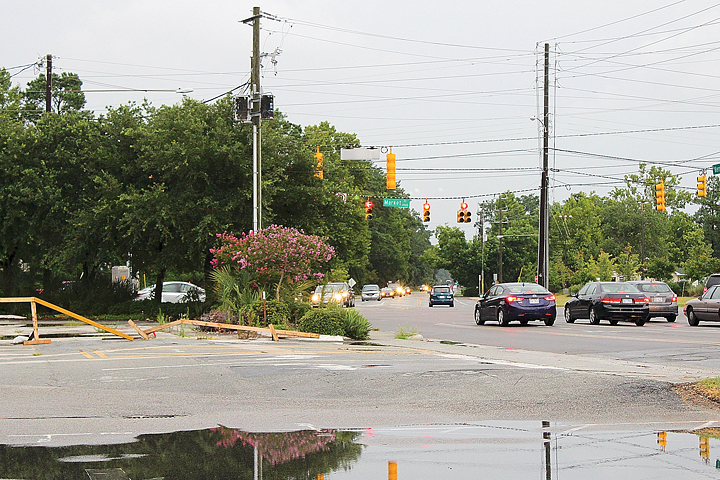Funding for future highway projects nationwide has come into question with the Sept. 30 expiration of the 2012 Moving Ahead for Progress in the 21st Century Act (MAP-21) looming.
Signed into law in July 2012, MAP-21 is the federal surface transportation authorization bill that provides funding authorizations for highway, bicycle, pedestrian, transit, ferries and passenger rail projects. However, the Highway Trust Fund, which provides the actual funding for the projects, is running low and will soon become insolvent. The Highway Trust Fund is fueled by the federal gas tax of 18.4 cents per gallon on gasoline and 24.4 cents on diesel fuel.
Tuesday, July 15, the U.S. House of Representatives approved a $10.8 billion bill that would keep the fund solvent for another 10 months but did not address a long-term solution for the issue.
The U.S. Department of Transportation had advised state departments of transportation that it would limit reimbursements to the states for transportation projects beginning Aug. 1, if a plan to extend the fund is not approved by both sides of Congress.
The U.S. Senate has yet to vote on a similar bill.
Locally, the state of North Carolina receives more than $1 billion in federal funding annually for transportation projects and NCDOT said that funding accounts for 28 percent of its overall budget and about half of its construction program.
Steve Abbott, NCDOT communications supervisor, said that loss would jeopardize 108 projects statewide slated to begin after Oct. 1, 2014, worth an estimated $1.4 billion. In addition, NCDOT’s Division of Bicycle and Pedestrian Transportation would lose all of its $15 million in funding.
No projects currently under construction would have to be stopped.
“Every state receives funding and some states set it up differently,” Abbott said. “We happen to have made arrangements and are in good shape to finish the projects we have underway but other states are not going to be able to do that.”
Within New Hanover County, Abbott said the only projects that could be cut are the Kerr Avenue widening project from Randall Parkway to Martin Luther King Jr. Boulevard and the replacement of the North Third Street bridge in downtown Wilmington.
Wilmington City Council-woman and Transportation Advisory Committee chairman Laura Padgett said she would prefer to see a long-term fix for the Highway Trust Fund.
“If you look in the [U.S. Constitution] one of the responsibilities of Congress is to build and maintain the post roads and at that time the post roads were the transportation,” Padgett said. “It is a constitutional responsibility of Congress to build and maintain at least the national network.”
In a statement from U.S. Senator Kay Hagan, she expressed desire for a permanent fix but also expressed the need for Congress to act quickly.
“Although I would prefer a longer term solution for stability of the Highway Trust Fund, I believe Congress must act quickly to ensure the solvency of the Fund so that critical road and infrastructure projects are not put on hold or jobs placed in jeopardy at the height of the construction season,” Hagan said.
email [email protected]




